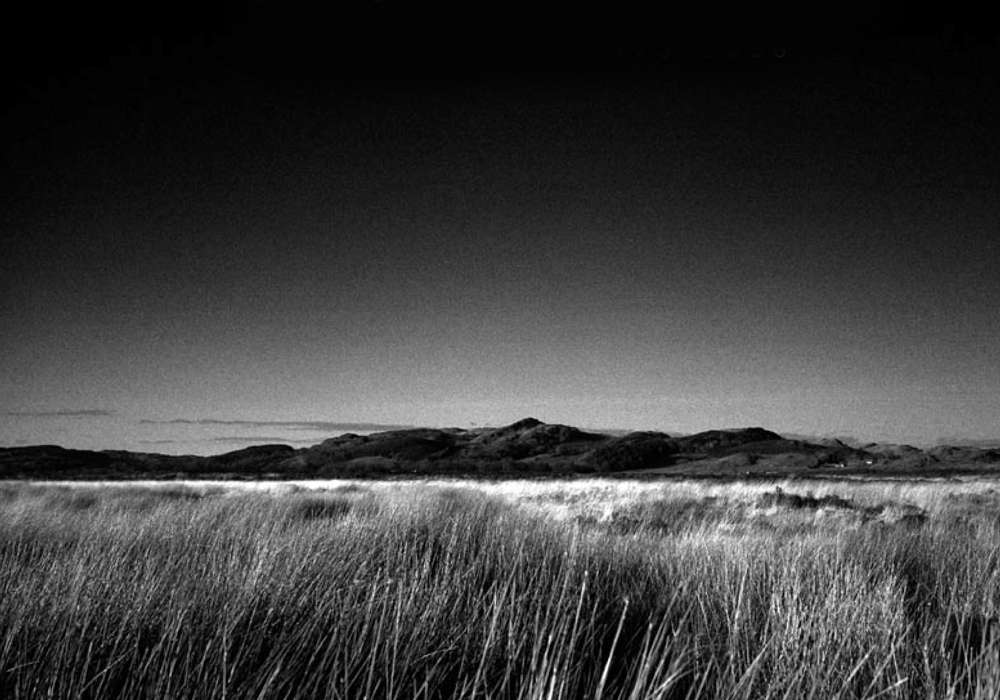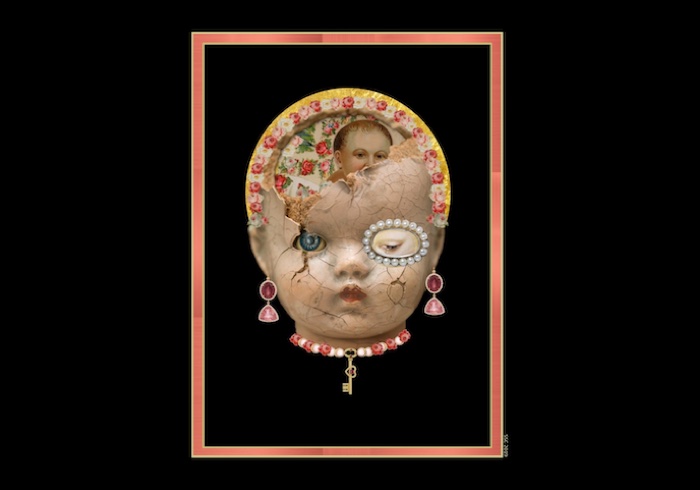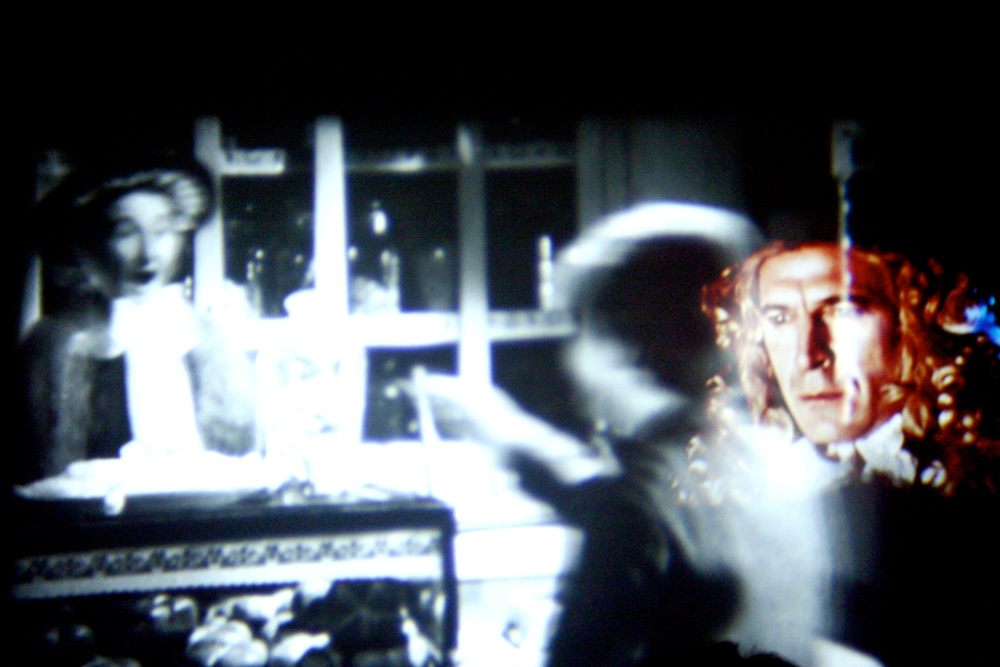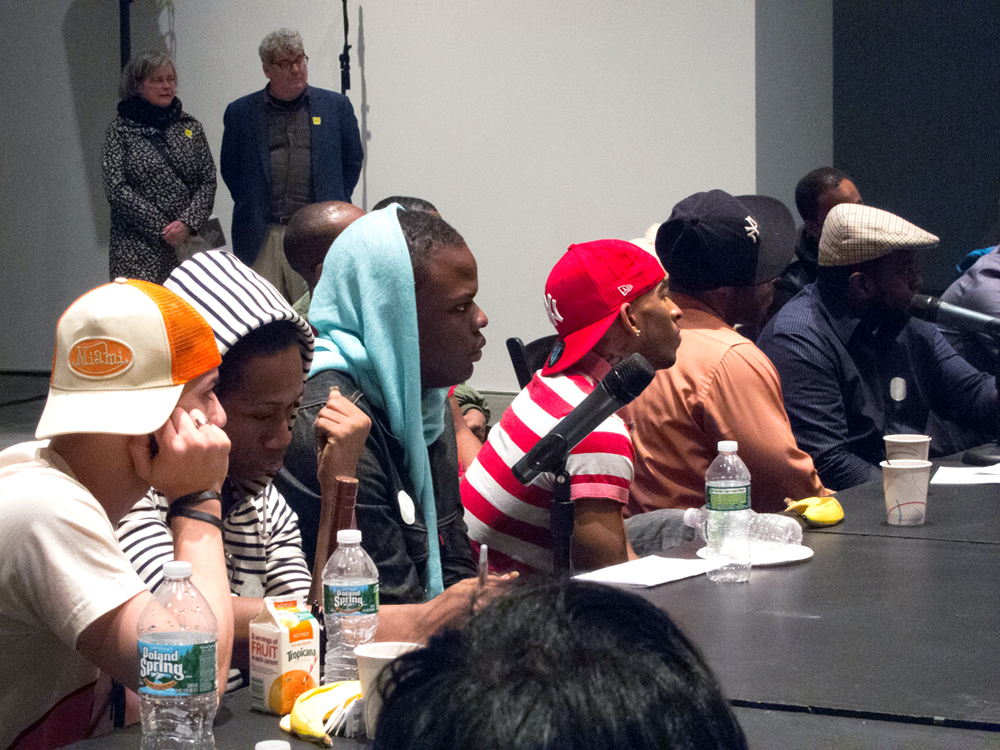
Half-Life
Angharad Davies Lee Patterson Luke Fowler Rhodri Davies Toshiya Tsunoda
NVA asked Arika to curate and programme the sound aspects of their 2007 Half-Life production in Kilmartin Glen. Arika worked with Toshiya Tsunoda, Lee Patterson, Rhodri Davies and Angharad Davies.













